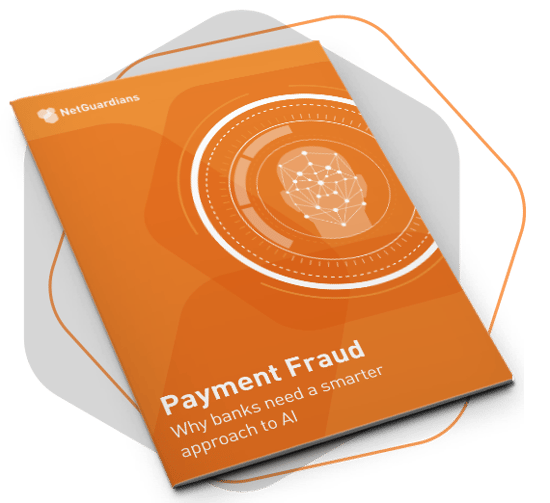Payment Fraud:
Why banks need a smarter approach to AI

Total losses from social engineering are
at $1.3 billion.
About this eBook
Payment Fraud is the fastest-growing area of banking fraud. It poses particular challenges for banks because it usually involves run-of-the-mill deceptions and confidence tricks.
Fraudsters pose as bank staff, send fake bills or invoices, or take advantage of people seeking romance to persuade their victims to transfer money. If the fraudsters’ attempts are successful, the resulting transactions often evade the bank’s fraud defenses because they have been directly authorized by the customer. Even when the customer realizes they might have been duped, today’s instant payment networks mean it is already too late. The duty to protect customers from fraud will only intensify with the introduction of PSD2, which obliges banks to open their payment IT infrastructure to third-party organizations.
Download this eBook to understand: